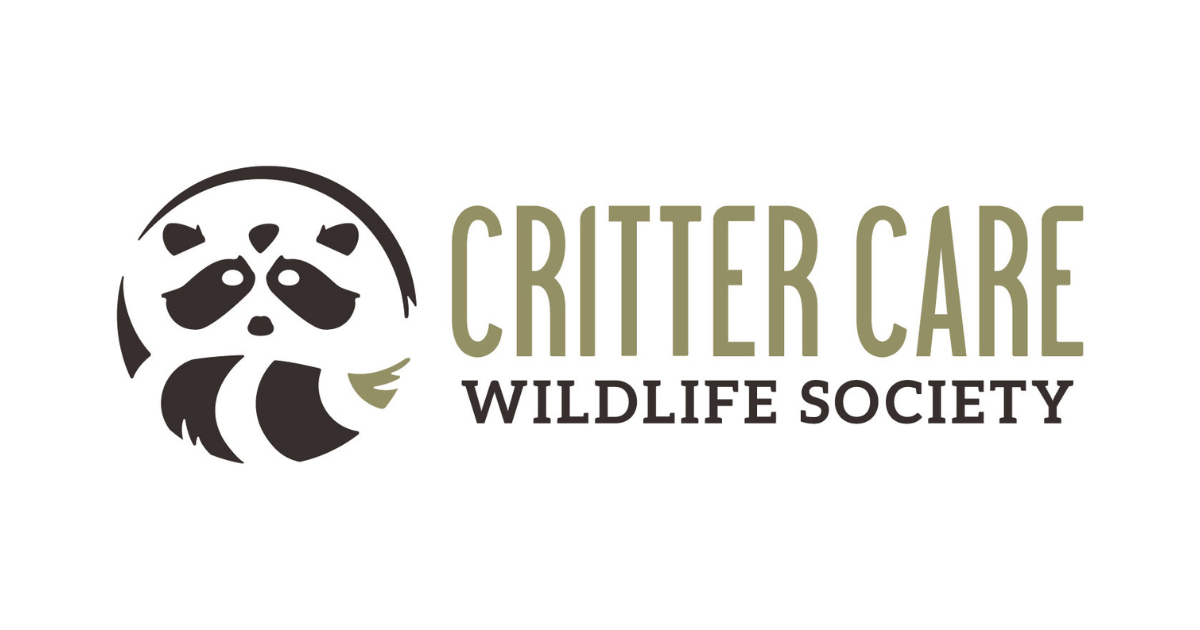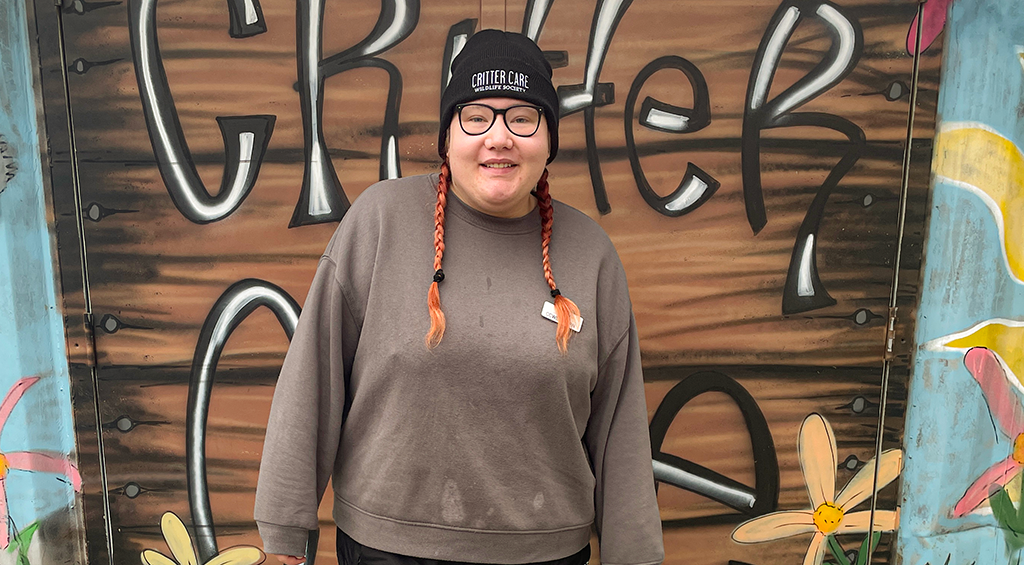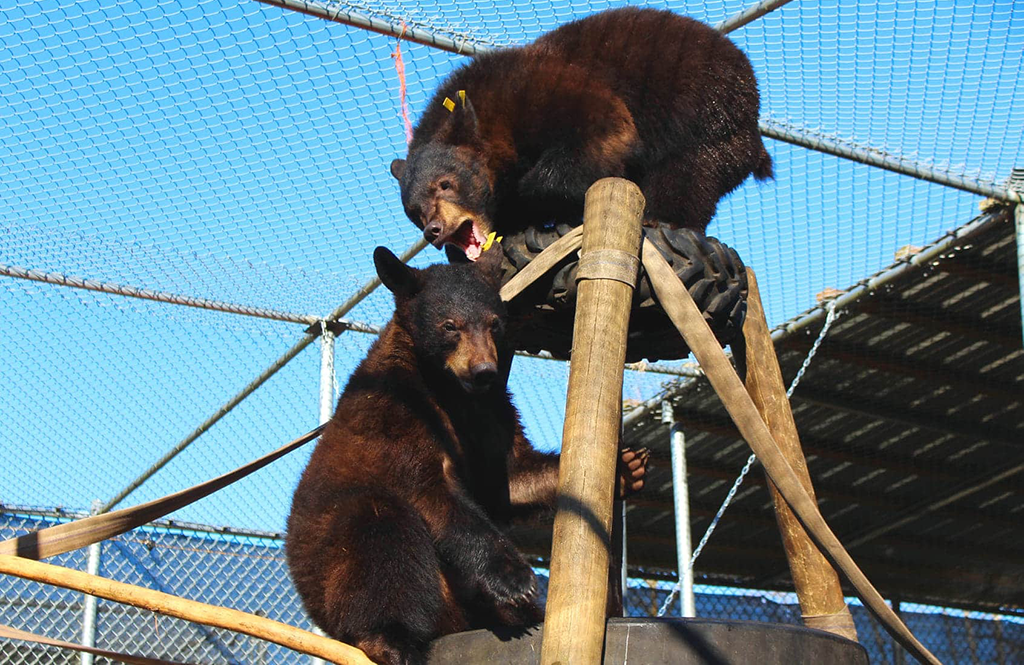Hands-On with Wildlife: Abbey Russell Shares Her Critter Care Experience
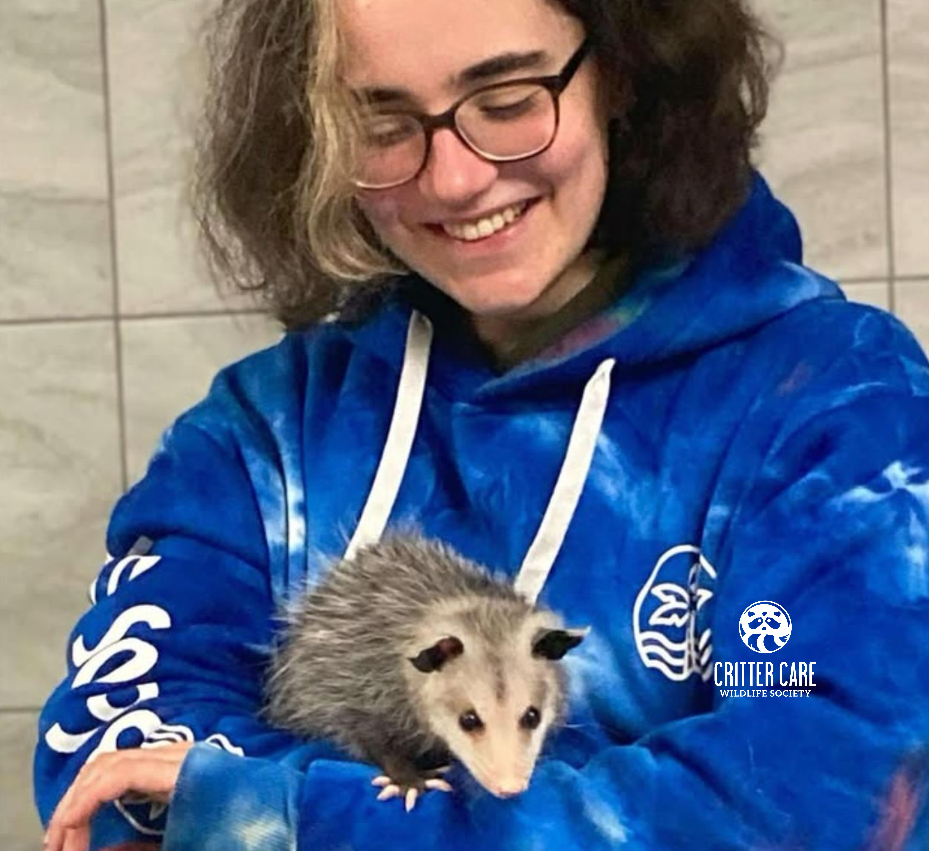
Abbey: I'm Abbey Russell.
Rod: And where are you from? I detect a British accent. What part of the UK are you from?
Abbey: I'm from Gloucestershire, but I'm studying in Leeds at the moment.
Rod: Are you in a veterinary or zoology program?
Abbey: I'm studying Zoology. I'm here as part of my placement year to get hands-on experience.
Rod: Great. And you were telling me that you were here before. When did you come the first time?
Abbey: I was here in July and August (2023), so I was here for two months, during baby season, and when I left, I was so upset. I just felt like my time here wasn't complete, so I thought, I can do a placement year for university, so I might as well come back.
Rod: Oh good, So why Critter Care? Why did you come in the first place? And obviously you came back because you felt like you had more you wanted to do, learn, and experience?
Abbey: The first time I just wanted something to do over the summer and I was sort of looking online and I think it was an advert on Instagram or something like that.
And I thought it'd be brilliant to go abroad, so not only would I be working with animals, but I'd be in another country as well. I thought it'd be a really good experience and Critter Care offered one thing that a lot of places in the UK don't offer, which is hands-on training.
Critter Care was saying, We can start from scratch; we can teach you everything you need to know, and I thought that would be a perfect opportunity.
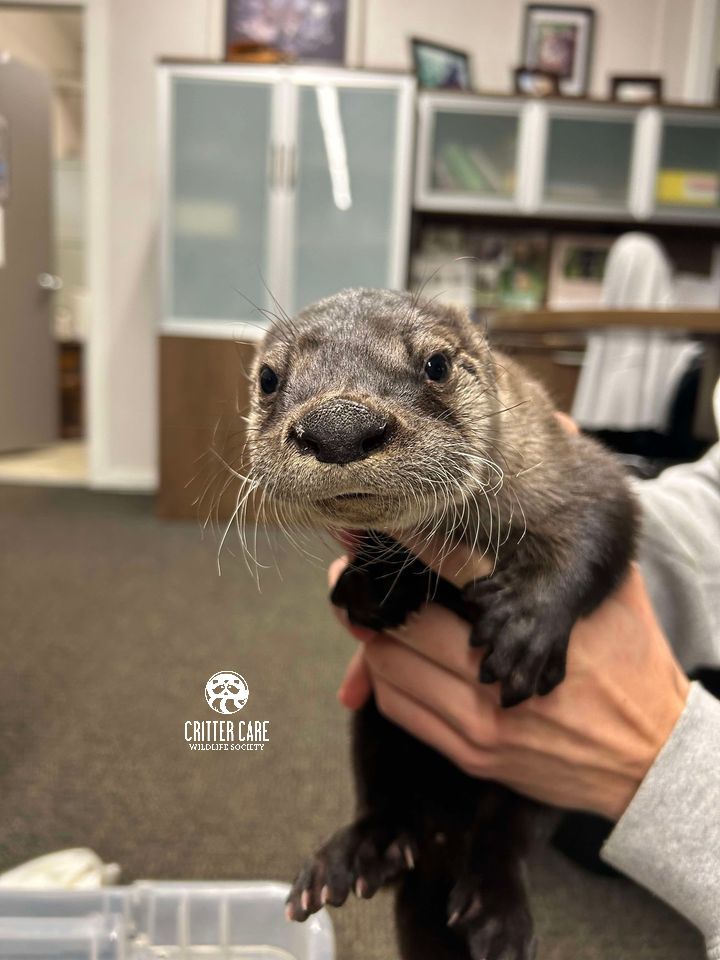
Rod: So during the summer, your typical day is probably a little bit different than it is now in the winter. What does a typical day look like?
Abbey: It's quite chill at the moment. The summer is baby season and it is incredibly busy. Now, I get up at seven o'clock in the morning, go look after my animals, and make sure they're all clean. And then all the staff and all the interns meet together just to discuss what we're going to do for the day. And off we go and do it. It tends to vary a lot.
So one day I'll be preparing animal food and the next I'll be feeding otters and looking after them.
Rod: What animals are you assigned to right now?
Abbey: At the moment I have three squirrels. I have co-parents on each of them. One of them is a very cute Douglas squirrel. She's just finished her meds.
I'm on bears as well. That's very exciting. They're my favourite. They're the cutest.
Rod: How many bears are there? Are there eight bears right now?
Abbey: Nine. A new one was admitted in recently. It is a cub with a broken leg. He managed to heal by himself in the wild. We took him to the vet and they concluded that the two bones had healed. By himself, which was really cool. I've got my two otters as well.
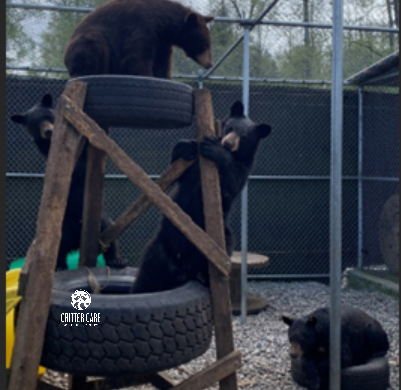
Rod: So, what tasks do you enjoy the most? And what is most difficult about being an intern?
Abbey: What do I enjoy most? I enjoy when we have baby animals in and we have to feed them by hand. I really like doing that. Just watching them get bigger and bigger every day. That's probably my favourite.
Least favourite? There's nothing I actually dislike that much. Maybe cleaning. There's a lot of cleaning.
Rod: There's a lot of cleaning.
Abbey: But then it's not as bad when you're doing it for your animals. Because you're giving them a clean enclosure. So even then, it's not that bad.
Rod: Do you have a specific moment or an animal that you've really connected with or that’s been one of your favourites?
Abbey: I have, so we had nine baby opossums come in. I think it was late September and there were nine of them.
So each of us got like an opossum each and mine turned out to be sort of the runt of the group. And he started going blind and we had a whole load of problems with him. We took him to the vets. They weren't sure if he was going to make it, but he did. He pulled through. He's smaller than his brothers and sisters, but he's getting there.
So I had him for a lot longer than I maybe would have had he been healthy. I'm really proud. He was my favourite. Just because I remember the day we went back to the vets and they said he's fine; he's doing really well. I was so happy.
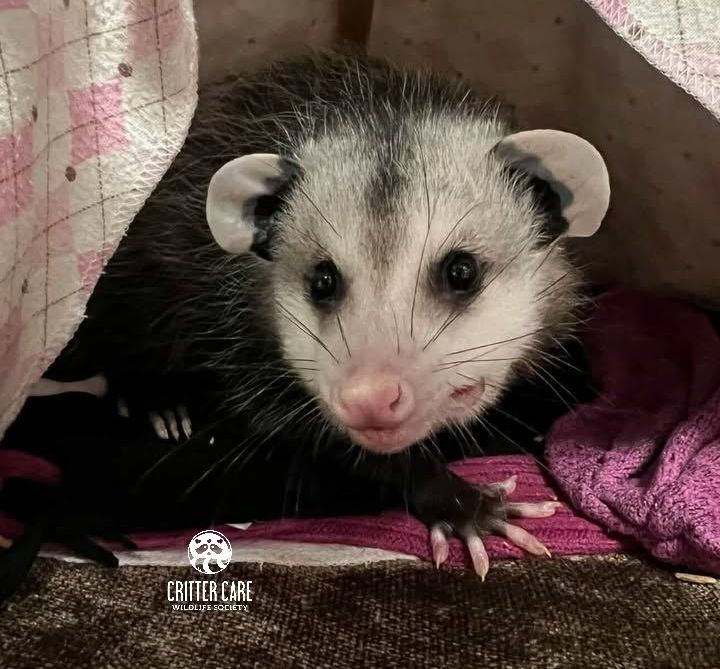
Abbey: I also liked going on a bear rescue. I think it was Squamish we went to. We picked up an orphaned bear cub. It was really exciting. Sort of like, let's get in the van; let's go rescue a bear. I was like, Yay!
That was really exciting. Bears are uncommon in the UK; you’d never anticipate encountering one, let alone rescuing one.
Rod: How's it doing now?
Abbey: He's doing fine. Yeah. He's sleeping now. They're pretty lethargic this time of year.
Rod: So you're in zoology. How has this experience influenced or affected your personal career goals and that sort of thing?
Abbey: I mean, what I want to go into is more research-based than this is.With research, there is a hands-on element as well so what I’ve learned here sort of ties into that.
Rod: It'll be nice to have had that hands-on experience, even if you're doing research, to have some practical experience too, right?
Abbey: Yeah. And at Critter Care there's a lot of independent work as well, so even if I won't be working in rehabilitation in the future, I've still learned how to work independently.
I've been a team leader, so I know how to organize and work with people. I can translate that into whatever career I decide to go into. Especially zoology, because it's still animal-related, and there are transferable skills that I've learned here.
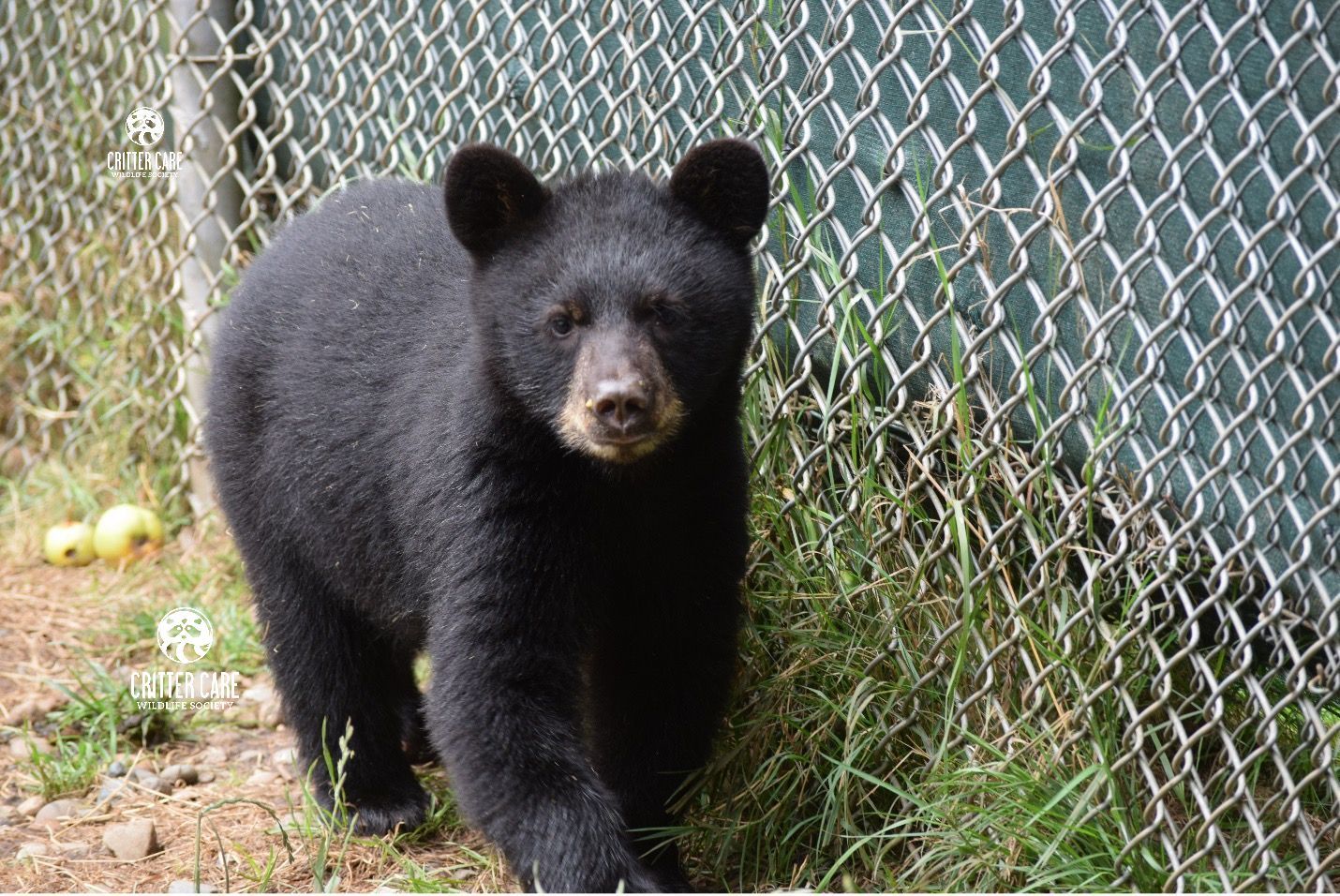
Rod: What advice would you give to someone considering an internship like this?
Abbey: I'd say. Go for it and if you do come here, go for every opportunity you can. If staff give you a chance to do something, absolutely go for it, like free yourself for every task.
You only get out of it as much as you put in, if that makes sense. If you put loads of effort in, if you talk to everyone, and if you work hard, you'll have an amazing time.
Rod: In terms of wildlife rehabilitation as a whole, what do you think about Critter Care's contribution to that?
Abbey: I think it's pretty incredible what they do, especially because they will take pretty much every animal. They want that animal to be saved, to have a second chance and Critter Care gives them that opportunity. So, a member of the public bringing an animal here can rest assured that that animal can have the best chance at life.
If you'd like to become an intern like Abbey, read more here.
Critter Care Wildlife Society News
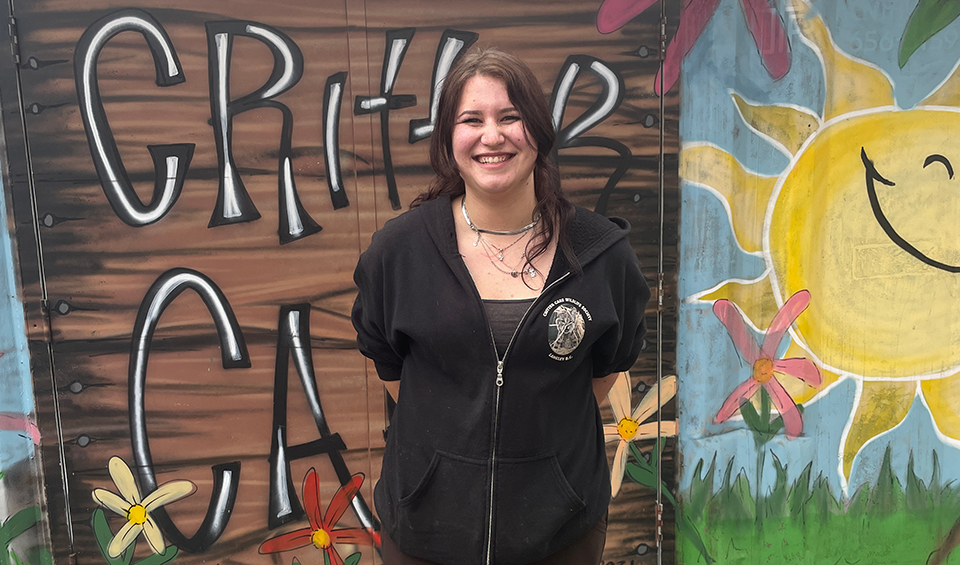
Sign up to get inspiring stories of rescue,
rehabilitation and release from Critter Care
Be the first to receive our newsletter, new blog posts, and updates
about our most critical needs and community news.
